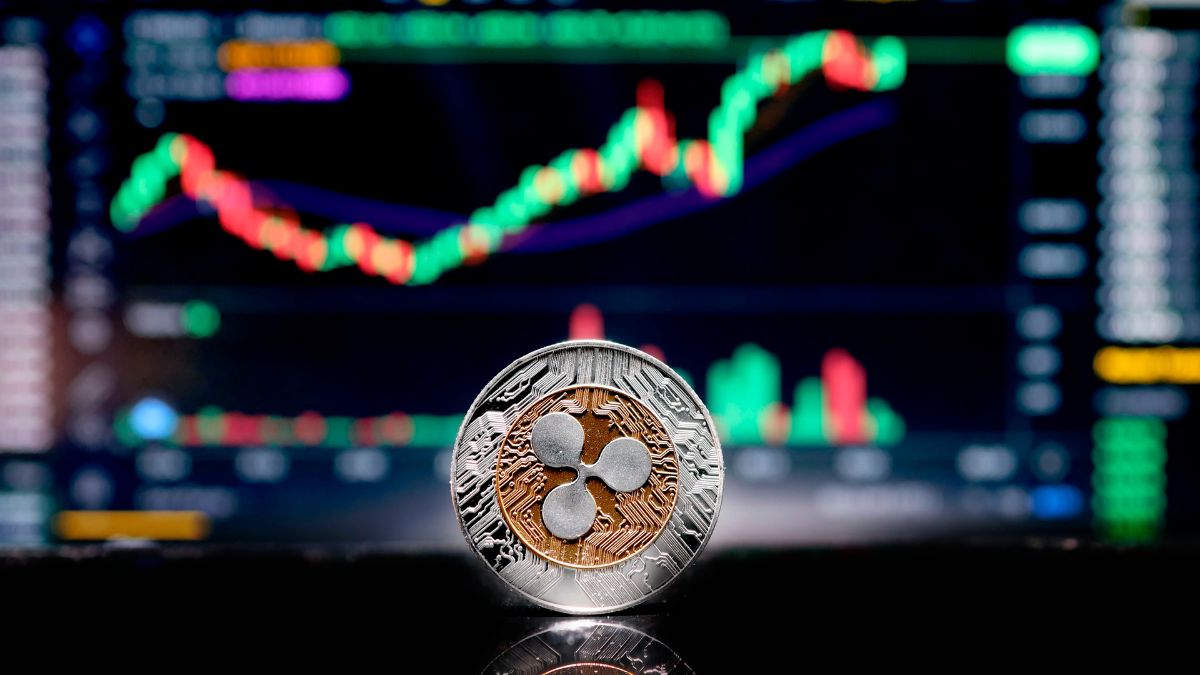The growing global movement away from the dominance of the U.S. dollar, particularly influenced by recent actions taken by China, is fostering a significant shift in international trade and payment systems. With countries like China and Russia increasingly looking for alternatives, Bitcoin is emerging as a possible contender in this evolving financial landscape.
The Emergence of Bitcoin in Global Trade
In the wake of escalated geopolitical tensions, countries are exploring new ways to transact that bypass traditional banking systems, particularly the U.S. dollar. Scholars and analysts, including Matthew Sigel from VanEck, suggest that Bitcoin could account for approximately 10% of global trade settlements in the coming years. This projection indicates a potential for Bitcoin to transition from a speculative asset to a crucial component of international commerce.
Sigel noted, “Sovereign adoption of Bitcoin is accelerating this year as the demand for neutral payment rails that can circumvent USD sanctions grows.” This sentiment reflects a broader trend where nations desire independence from currencies that are susceptible to political pressures.
Global De-Dollarization Trends
Since the 2008 financial crisis, the People’s Bank of China has actively sought to reduce its reliance on the dollar. This strategy has gained momentum, especially following increasing trade tensions, primarily with the United States. China is not alone; Russia has also sought alternatives due to extensive sanctions affecting its economy.
For instance, recent reports indicate that Russia has quietly begun using Bitcoin for cross-border transactions, demonstrating how countries subjected to sanctions are forced to innovate and adapt their financial practices. Additionally, other nations such as India are also pursuing de-dollarization, entering agreements for oil purchases in Indian rupees, further reflecting a global trend of currency diversification aimed at diminishing dependency on the U.S. dollar.
The Appeal of Bitcoin
Unlike traditional fiat currencies that are issued and regulated by governments, Bitcoin operates independently of any nation, making it particularly appealing to countries wary of external influences. Terence Kwok, CEO and founder of Humanity Protocol, elaborated on Bitcoin’s growing attractiveness during times of geopolitical volatility.
Kwok stated, “Trust in traditional financial infrastructure diminishes during geopolitical conflicts. Bitcoin, with its transparent ledger and decentralized governance, offers an enticing alternative for value storage and peer-to-peer settlement, particularly in contexts where neutral options are preferable.” This aspect of Bitcoin presents it not just as a speculative investment but as a potential safe haven amidst uncertainty.
The Future Outlook for Bitcoin
Industry experts maintain that while Bitcoin may not completely replace fiat currencies, its role as an alternative reserve asset could grow significantly. According to insights from analysts, Bitcoin could enable countries to hedge against inflation while also providing a mechanism to circumvent sanctions.
“The recent de-dollarization efforts by China are already affecting second- and third-order dynamics and opening doors for alternatives like Bitcoin,” noted Sigel. As Bitcoin continues to be integrated into sovereign economic strategies, its envisioned role in the financial ecosystem could redefine the standing of the traditional dollar-centric model.
Challenges Facing Bitcoin’s Broader Adoption
Despite the potential that Bitcoin presents, significant obstacles remain. The currency is known for its market volatility and evolving regulatory landscapes, which complicate its adoption as a stable medium of exchange. Kevin Lee from Gate.io pointed out that Bitcoin must address these shortcomings before it can be practically implemented in everyday transactions.
Moreover, competition from stablecoins—digital currencies pegged to the value of traditional currencies—poses another challenge in the race for dominance in international transfers. As stablecoins become favored for their price stability, Bitcoin’s role might be relegated to niche markets rather than widespread use.
Scaling Bitcoin for Global Use
The growing demand for a more efficient payment network highlights Bitcoin’s limitations. With the current infrastructure struggling to accommodate the volume of transactions required for global utility, scalability issues remain a critical hurdle. Innovative solutions such as the Lightning Network aim to enhance this capability, but widespread adoption is crucial for Bitcoin to truly serve as a competitive alternative to established payment systems.
As countries navigate an increasingly complex financial landscape, Bitcoin stands at the crossroads of an exciting yet uncertain future. While it is clear that the evolution of international commerce is underway, how Bitcoin will fit into this new paradigm as a steadfast alternative or merely a speculative asset remains to be seen.



